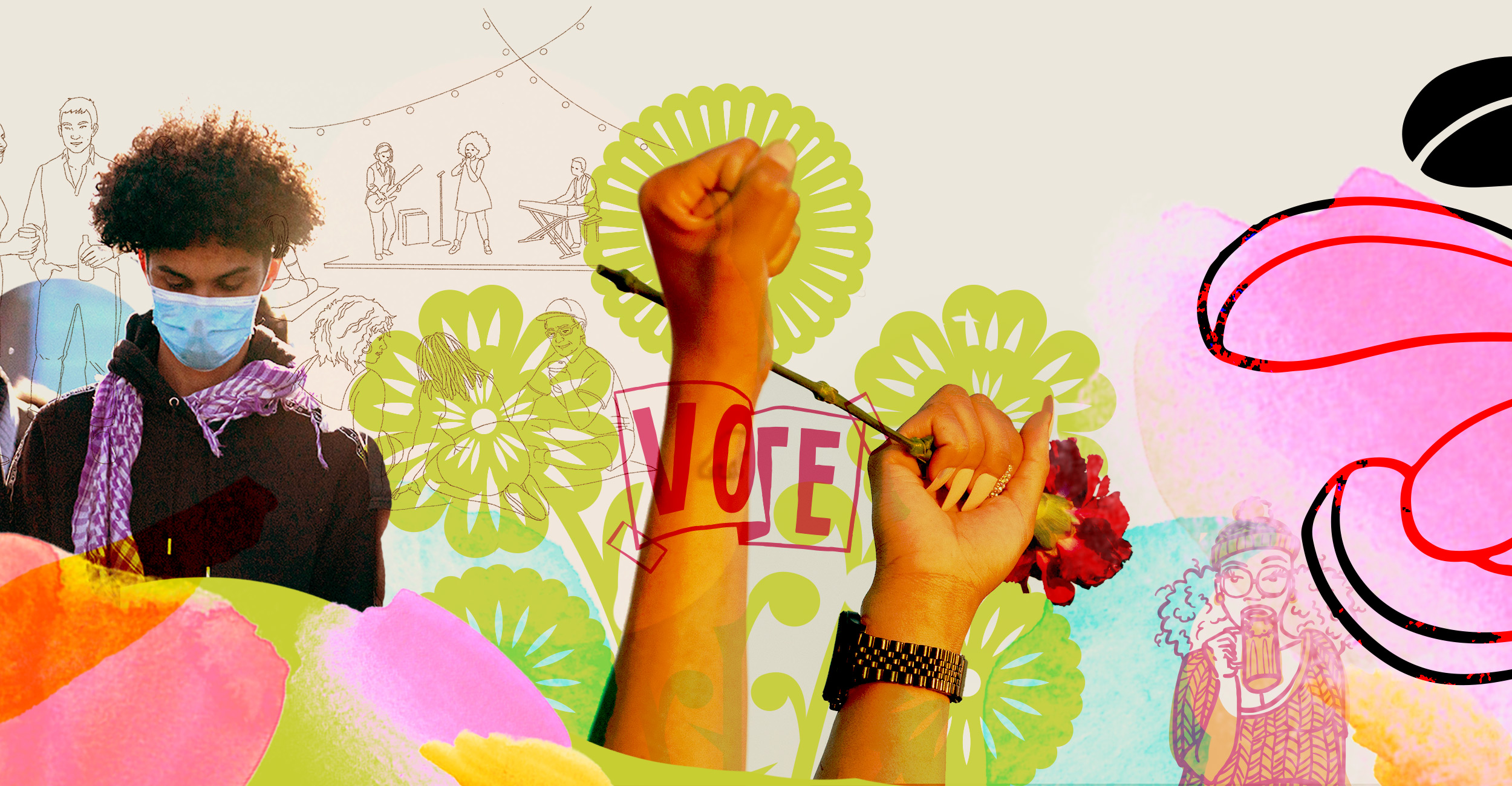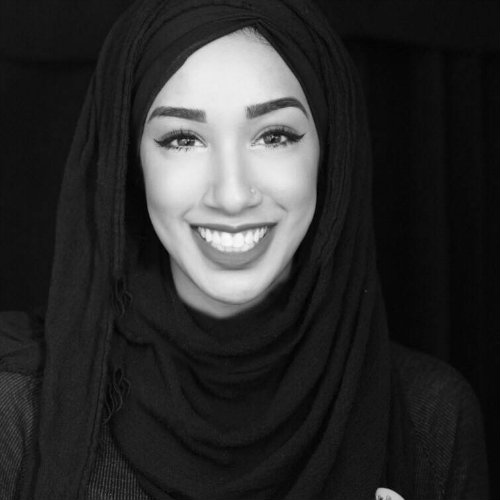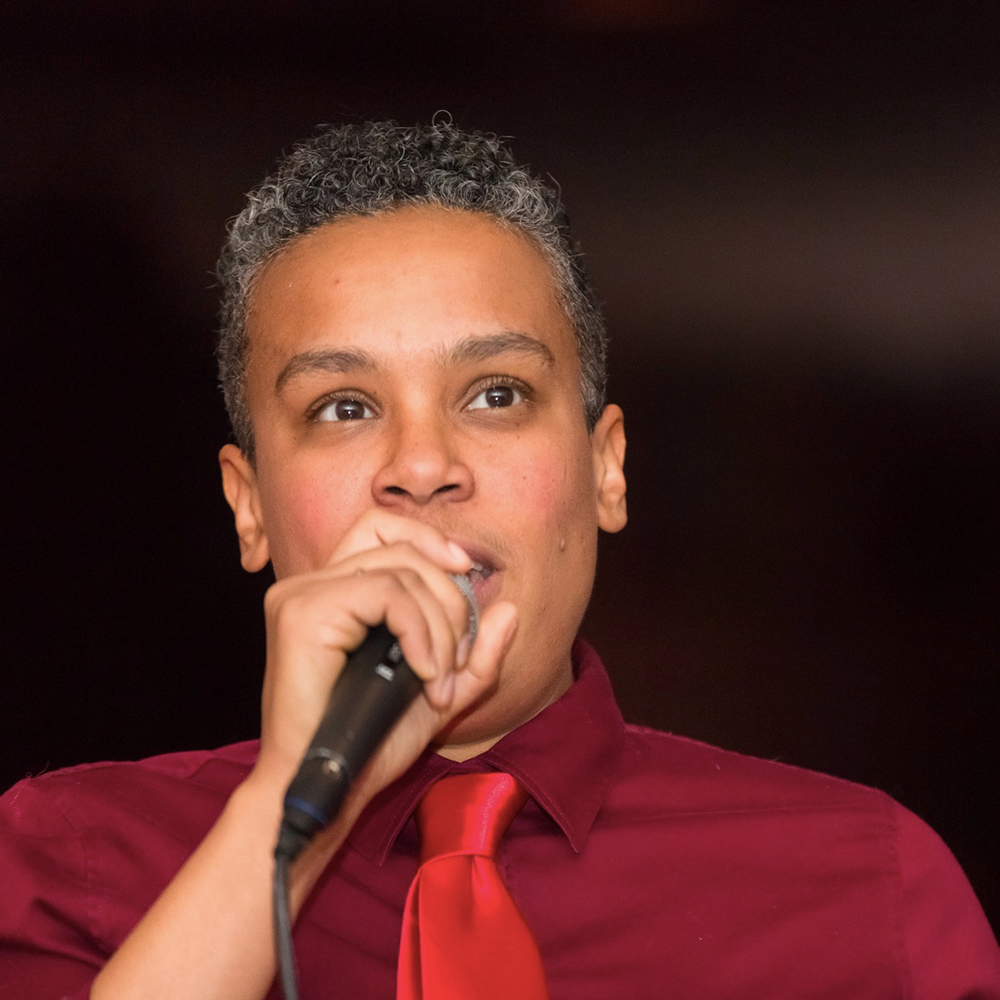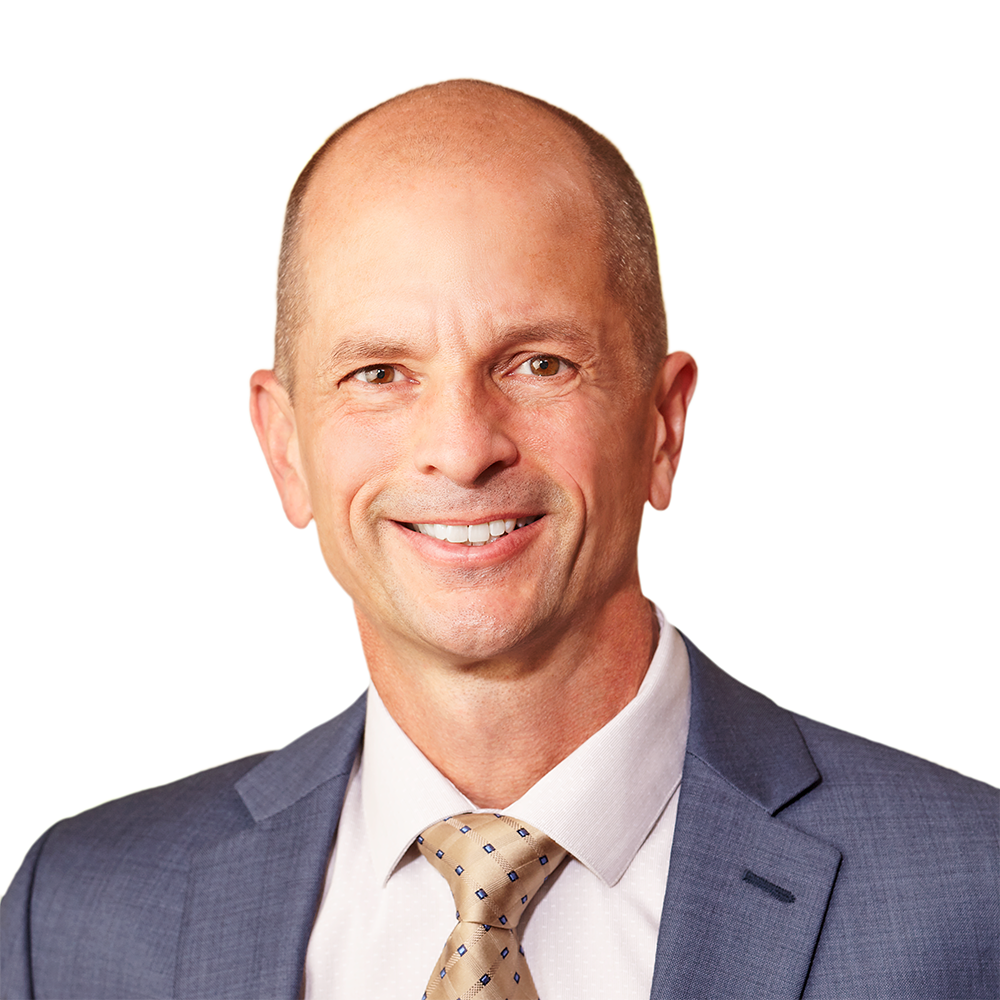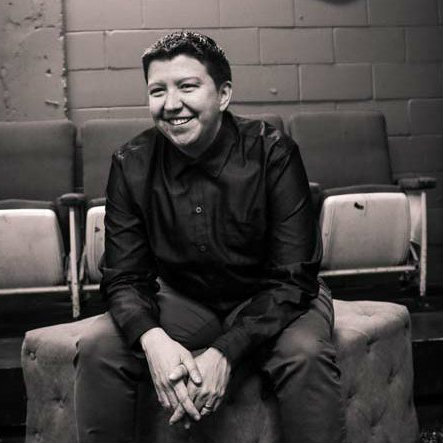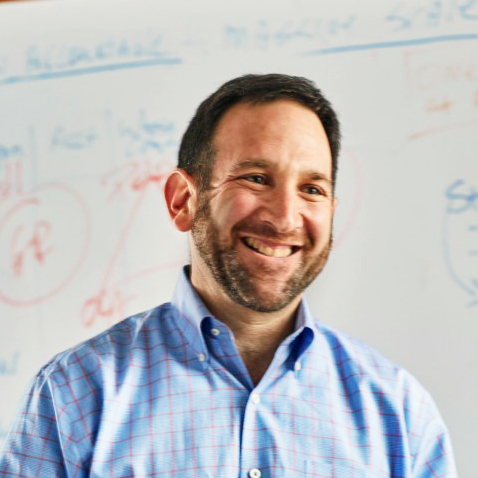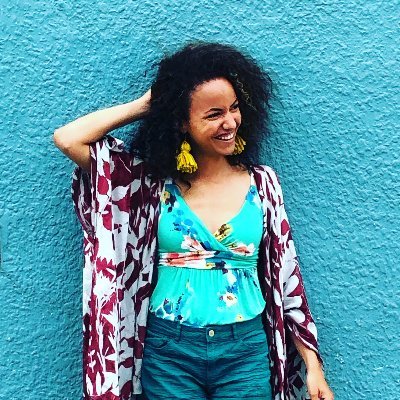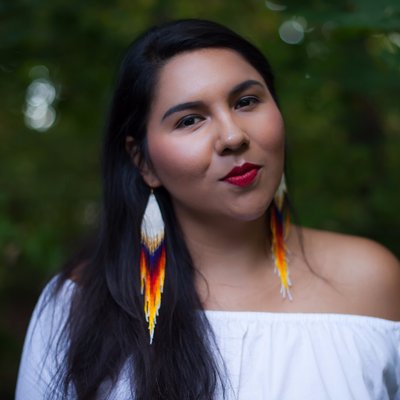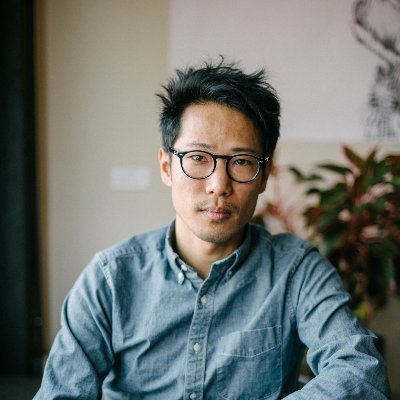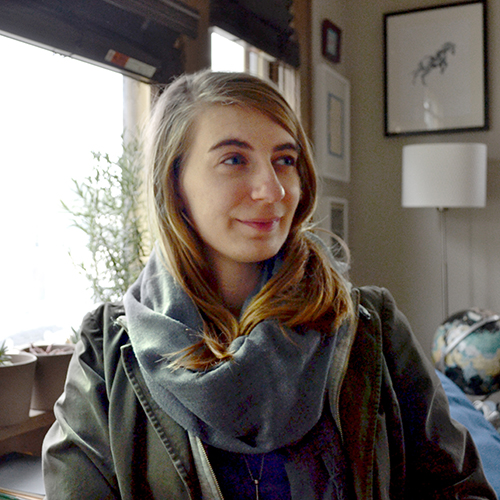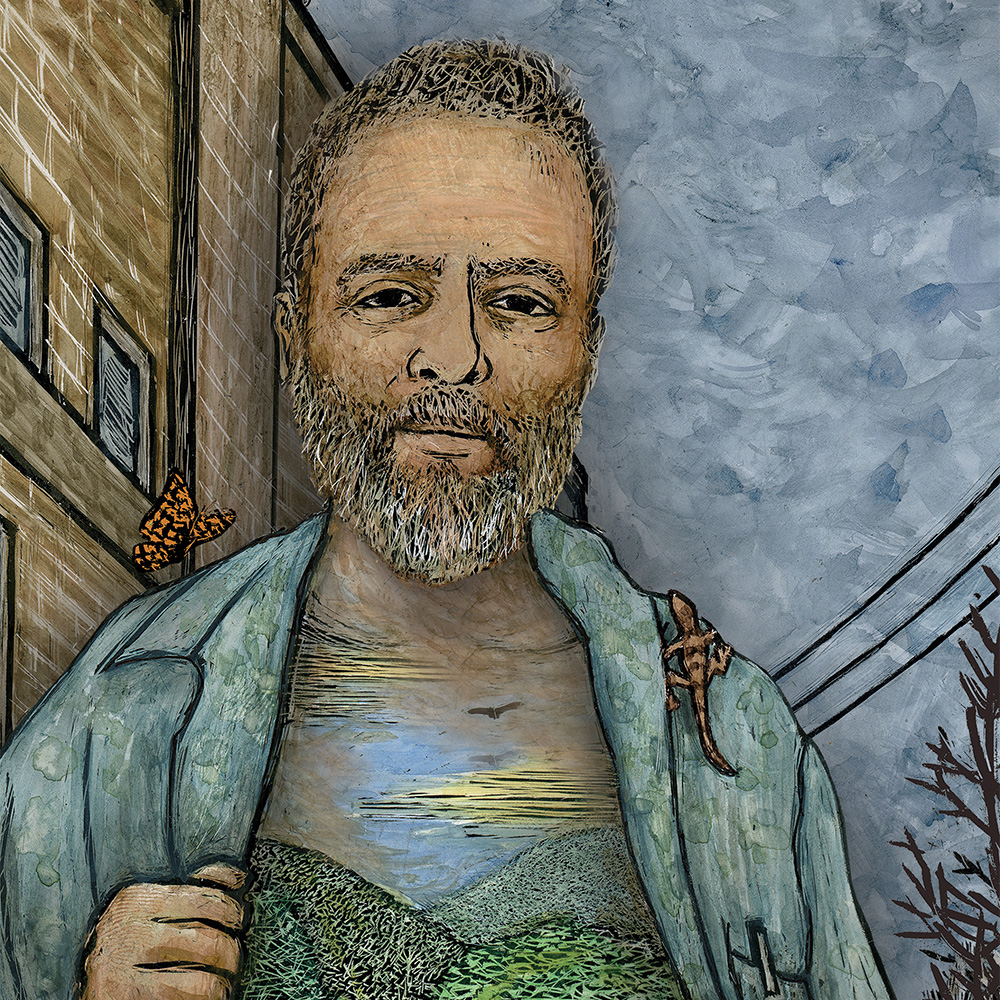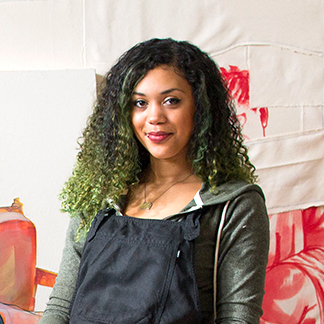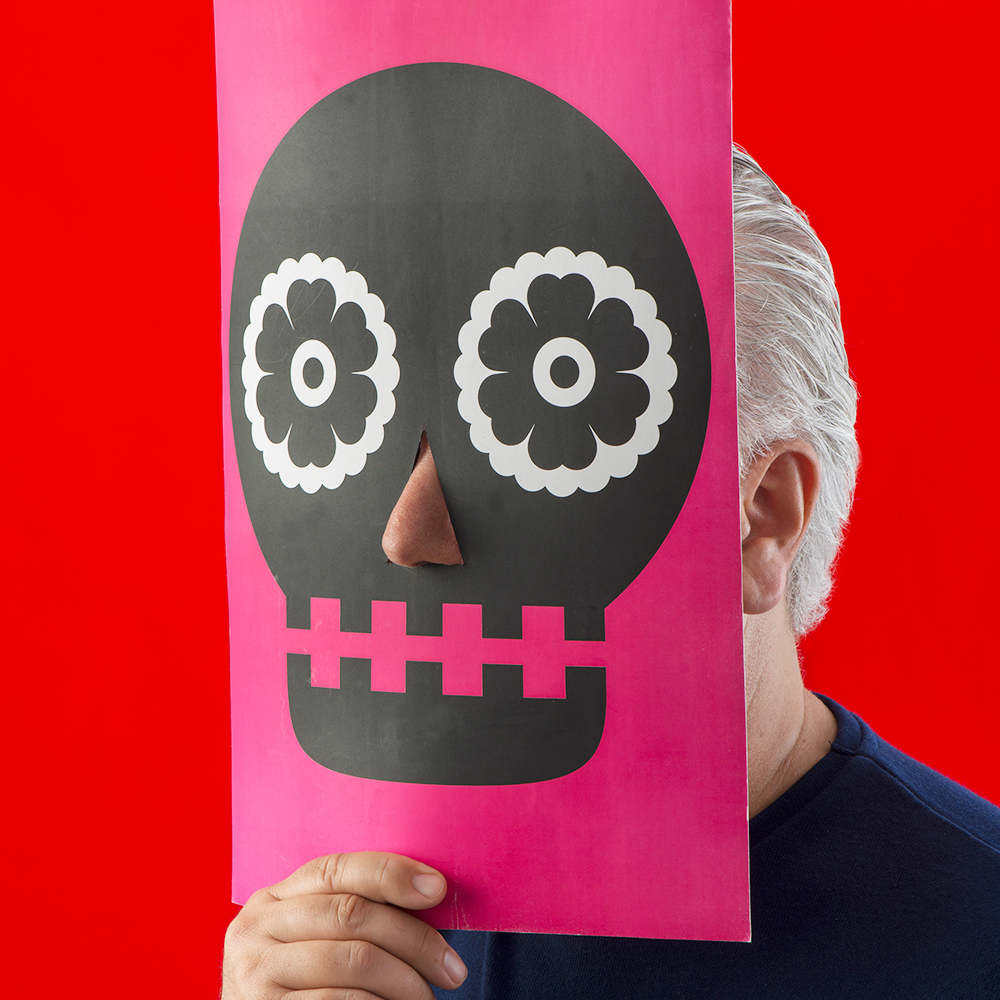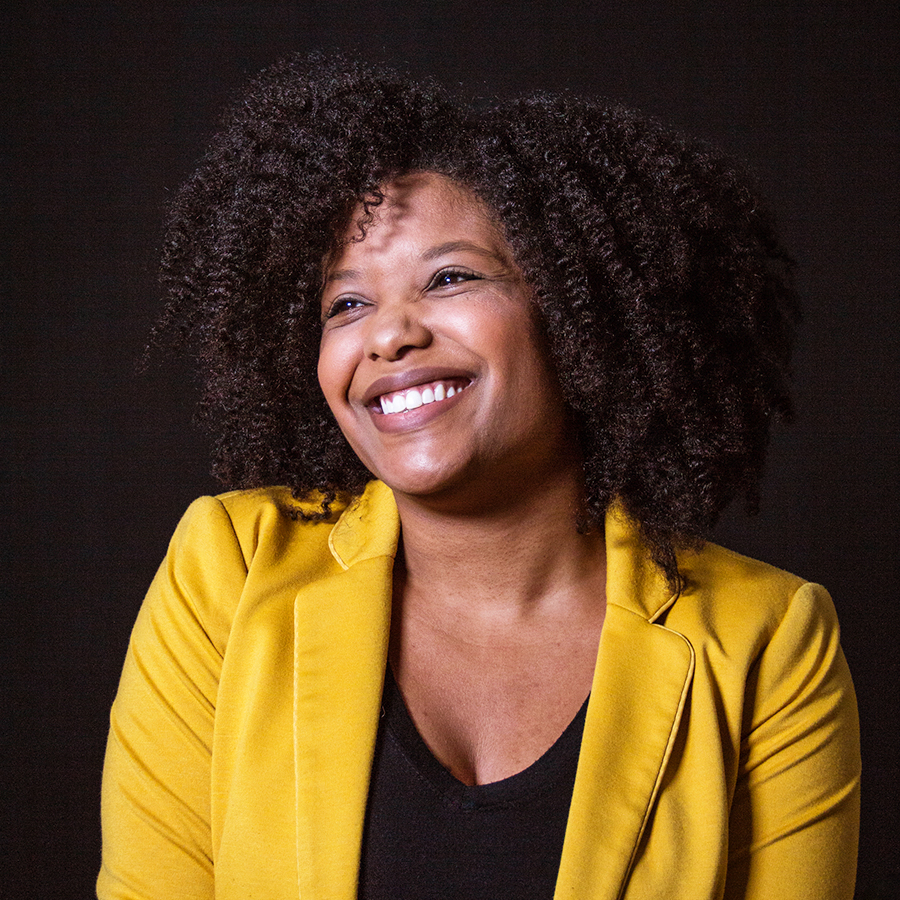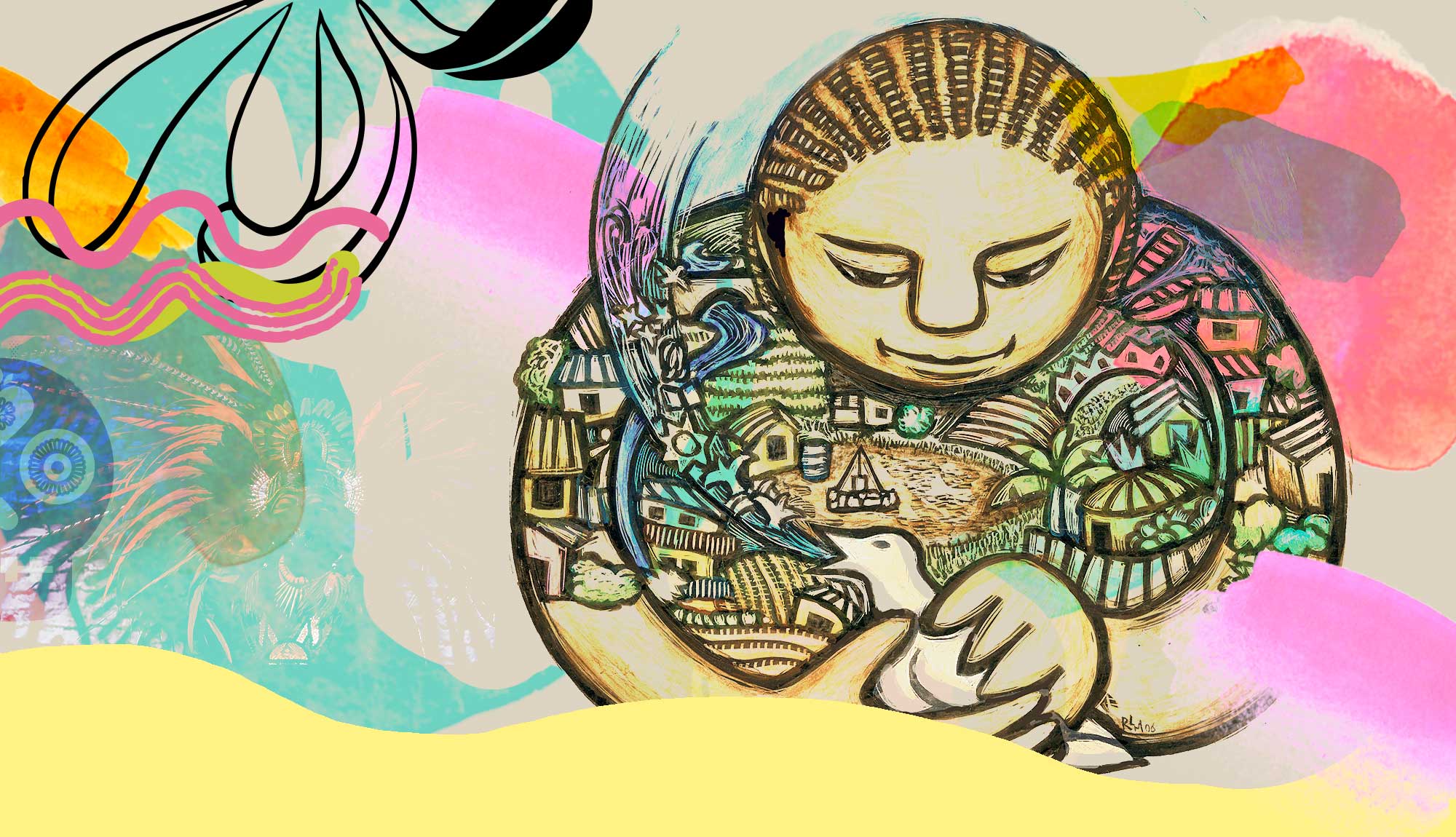
Okay, now what?

You win some, you lose some. But when you’re working to shape a better future for your community, those losses can hit hard.
The avenues for change are vast and varied, and the Pollen community is full of folks who are working across many of them. No matter where they stood on the issues going into this election cycle, there are people in our communities facing disappointment and loss. We asked six people who have experienced tough defeats — as candidates, organizers, or policy advocates — to share their advice for dealing with, and growing from, these setbacks.
Jillia Pessenda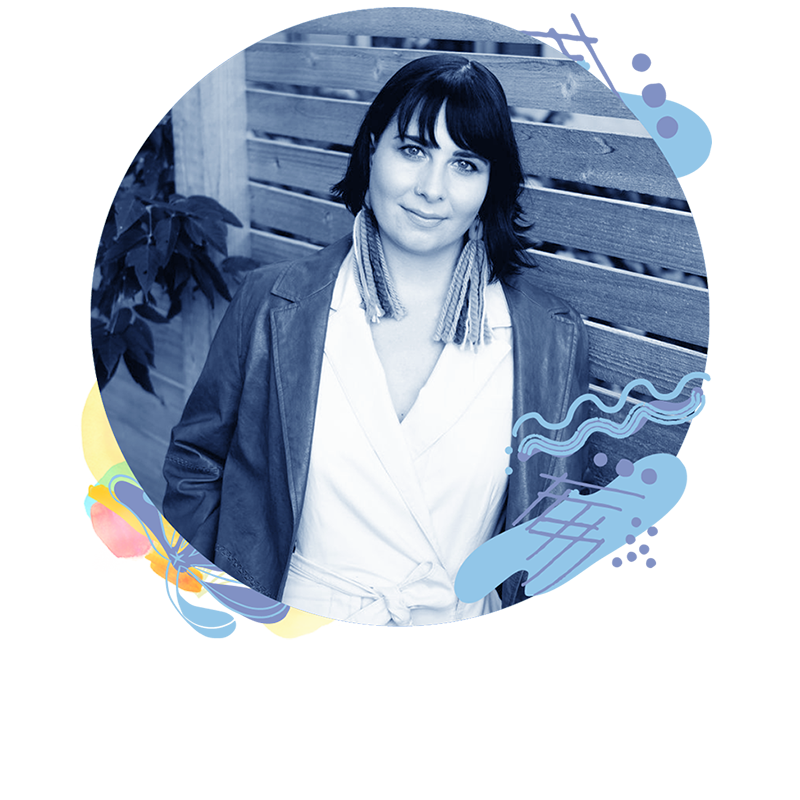 After a decade of organizing and campaigning, I’ve won — and lost — a number of hard-fought campaigns and elections. This includes losing my own election in 2017 for Minneapolis City Council by a razor-thin margin. I was devastated and heartbroken, but over time, I realized that the conversations we had during that campaign changed our community and helped push it forward. Young people saw themselves in the political process and neighbors participated on the local level for the first time.
After a decade of organizing and campaigning, I’ve won — and lost — a number of hard-fought campaigns and elections. This includes losing my own election in 2017 for Minneapolis City Council by a razor-thin margin. I was devastated and heartbroken, but over time, I realized that the conversations we had during that campaign changed our community and helped push it forward. Young people saw themselves in the political process and neighbors participated on the local level for the first time.
When I give everything of myself and it doesn’t work out the way I hoped, it’s difficult in the moment to remember that this work — fighting for a more just world — will last our whole lifetimes — far beyond one win or loss. We must care for ourselves and each other, take space to grieve, or rejoice and then carry on in any way we’re capable of. For me, the biggest loss of all, would be to give up hope that another world is possible.
Asma Nizami 2021 almost killed me. I moved. I had a baby. I had a traumatic labor and postpartum depression. I thought I’d be home in Minneapolis, knocking doors, making calls, making sure that our city showed up for the most vulnerable amongst us. And all of a sudden I couldn’t even take care of myself. So how the hell was I supposed to take care of community?
2021 almost killed me. I moved. I had a baby. I had a traumatic labor and postpartum depression. I thought I’d be home in Minneapolis, knocking doors, making calls, making sure that our city showed up for the most vulnerable amongst us. And all of a sudden I couldn’t even take care of myself. So how the hell was I supposed to take care of community?
The truth is: You can’t take care of yourself without your people. So I talked about what I was feeling online. And then to my friends and family. I learned that I wasn’t so alone. That people wanted me to live. I have to remind myself every single day that I have people to fight and live for, and that I am one of those people.
When we lean on community we’re reminding ourselves that we are worthy of care. When you feel defeated, lean on your people. And if you think you don’t have any, I promise you — you’re wrong. If you’ve loved Minneapolis long enough, you know that it doesn’t always love you back. But the cool thing? Your neighbors do.
Davis Senseman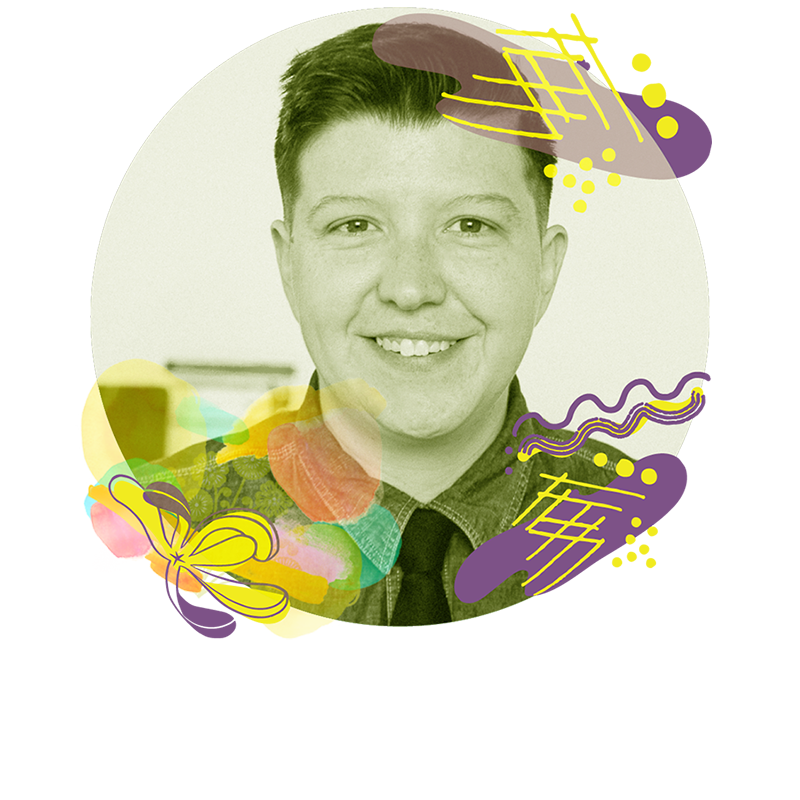
Caring about politics isn’t a choice for many of us, because “politics” so deeply affect our lives — when or if to have a child, who you can marry, or whether our communities will ever truly be safe for all of us. And the more you care and work for it, the more it hurts when an election doesn’t turn out well.
Sometimes the only way to keep going is thinking about folks who were in this fight 10, 20, even 50 years ago—folks whose names we know, and even more who will never get the recognition they deserve. Good people have been fighting so hard for so long — continuing the work is our only way of showing them our gratitude.
Mark Haase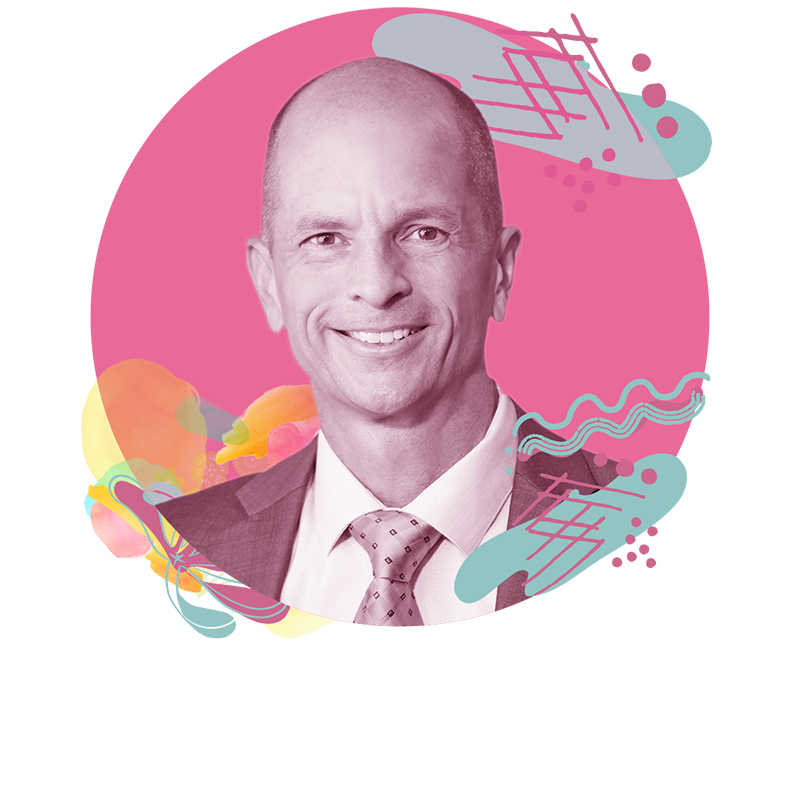
November 6, 2018 – At 6pm the house was packed with friends and supporters, ready to celebrate a victory in my run for Hennepin County Attorney. By 7:30 my concession speech was over, and I numbly tried to smile as people trickled out. I’ve never felt so deflated. Later that night a dam broke, and I started sobbing.
The next few months were spent focusing back on my family and reorienting mentally, emotionally, and physically — a political campaign, as candidate, staff or volunteer, can take a lot out of you. But it didn’t take long to pivot to my next “campaign” — developing the Minnesota Justice Research Center and becoming its executive director. It really wasn’t just about winning that election, it was about making change from wherever possible, and I know we made a difference despite the loss. If you truly go into it because it’s about something more, then the cost, the work, the stress — they’ll all be worth it, and the sting of defeat will soon fade.
Dan Cramer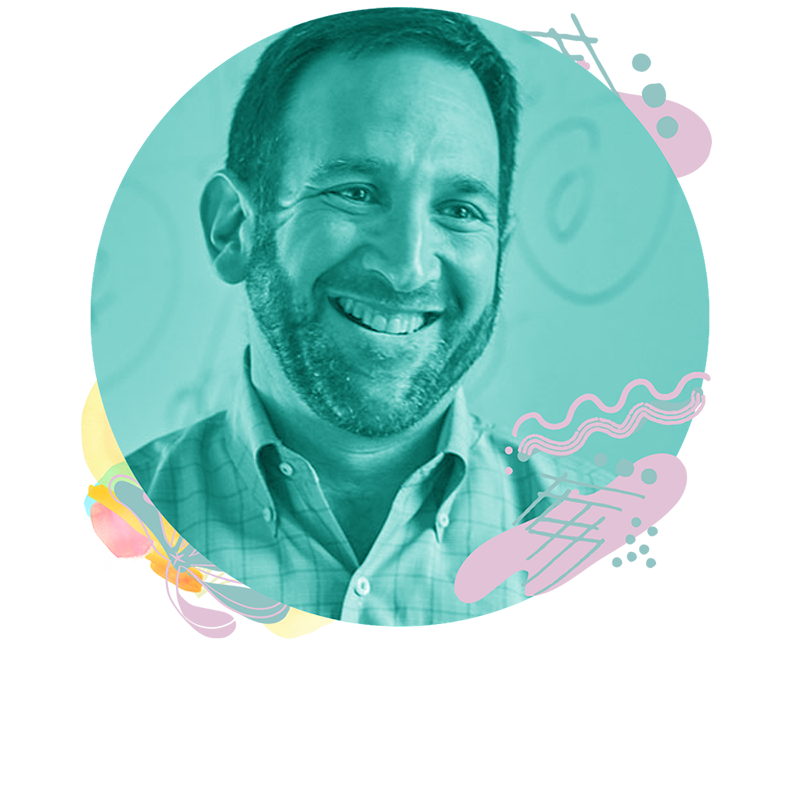
I’ve been working on elections for 31 years. My mentor Paul Wellstone said that “elections are the primary way we contest for power in this country.” I agree, but unfortunately, like many who campaign for progressive and equitable social change I’ve lost more than I’ve won.
So what to do with that? How do you handle a loss? How do we sustain ourselves? For me, it’s about three things. 1) Allow time and space for grieving — and celebrating. When you go to a funeral you grieve the loss and celebrate the life. I try to do the same thing after a losing campaign: mourn the loss and celebrate who I’ve met and what I’ve experienced. 2) Lean into community — don’t isolate. 3) Embrace learning — what will we carry forward or do differently next time? Reflection is strength. Learning is power. Let’s keep contesting for the power we need.
Erica Mauter
I ran for city council in 2017, and lost. After election day, I was spinning, wondering “Now what?!” Here’s how I suggest moving through it:
Feel your feelings. There will be pride AND grief. Thank your team. Debrief with them. It’s tempting to just walk away from it all. But it will reinforce for you what you did well, and you’ll need those lessons learned.
Then ask yourself “What can I do now that wasn’t possible before I did this really big thing?” Ask people you trust to tell you what they saw in your race. Let them help you make sense of it all, and ask them to help you answer this question. Give yourself time for answers to come.
And then be discerning when possibilities come your way. If you’re worried that you won’t be relevant or influential anymore, that’s not true (unless that’s what you want). You’ve already proven yourself to everyone. Congratulations, and thank you for running.
